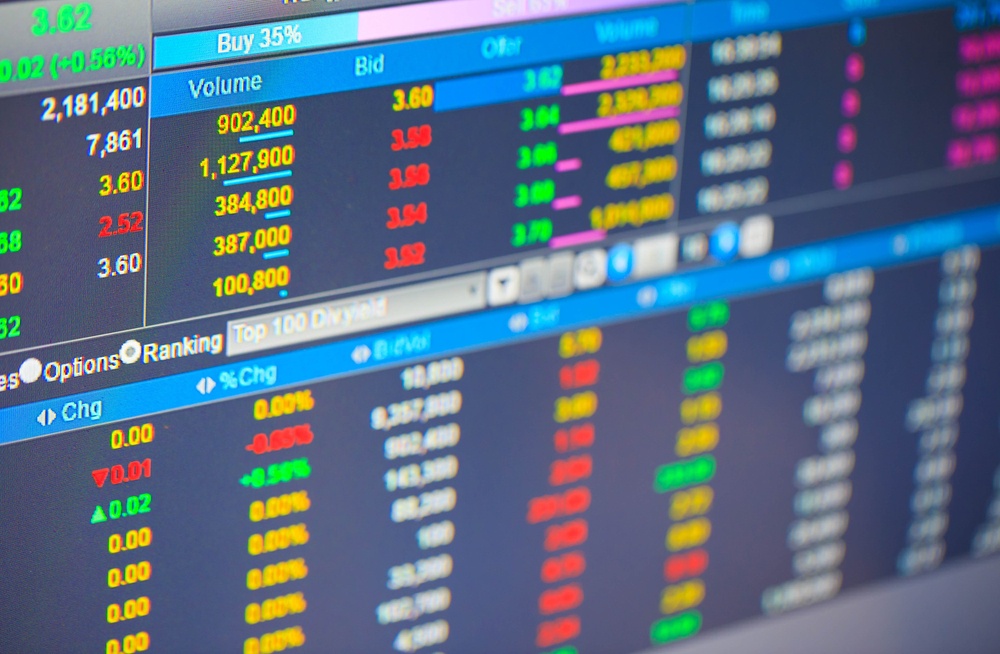How To Stay Ahead Of The Falling Markets In Singapore
 Contributed by
Jessica Foreman
April 29, 2016
Contributed by
Jessica Foreman
April 29, 2016

Even if investors cleaned their houses before the Chinese New Year celebrations, it seems like they were destined for bad luck, anyway. On the first day of trading after the two-day holiday, Singapore stocks fell nearly 3 per cent over concerns about the banking sector and a wider economic slowdown in Asia.
But rather than worry about continued global volatility and the prospect of another economic recession, you should take a step back and realise that this is part and parcel of stock, foreign exchange, and CFD trading. With this in mind, here is how to stay ahead of the falling markets in Singapore.
Receive Reassurance From History
It is easy to feel frustrated or indifferent about the poor performance of shares in recent years. But, by looking beyond recent history, you will find that share prices have never been stable or solvent for very long. In fact, they rarely rise without corrections and a bear market taking place.
For this reason, don’t panic when it comes to Singapore’s falling fortunes. Soon enough, a bull market will return as soon as the current decline is over.
Look To The Long Term
Another reason why you should not dwell on the health of Singapore’s current economic climate is because of expectations. When share prices are high, investors have confidence in the economy and will end up buying rather than selling. However, by following market sentiment you will probably find yourself buying high and selling low, which inevitably leads to losses.
Therefore, now is the time to make a sound profit from your shares. Although you must be brave to overcome market fears and doubts, look at the long term and remember that shares will always fluctuate in value.

Make A Decision Sooner Rather Than Later
There is a chance that the markets will fall further in Singapore, but this doesn’t mean to say you should gamble and wait for share prices to go lower. Buy now with the future in mind and your shares should live up to expectations.
You may have a tough time of things in the coming months, but, once again, you should look at the market’s previous performance to know that every correction and every bear market in shares has been followed by a recovery.
Avoid Frequently Checking Your Portfolio
Remaining resolute with your long-term choices is one thing, but actually managing to stick to this principle is another. However, an interesting article on The Motley Fool points out that you should simply cut the frequency at which you check your portfolio to avoid the possibility of making a rash decision.
“When the market falls, a much better use of time, in my opinion, would be to study the underlying businesses of the stocks that you’re interested in or already own,” says writer and analyst Chong Ser Jing. “When there’s a big divergence between a stock’s price movement and the progress of its business, that’s when fortunes can be made.”
Edited by Nedda Chaplin
Image credit: Stock market data from Shutterstock
Reference:
Singapore stocks fall nearly 3% as worries over banking sector and growth slowdown hit Asia. (2016). Retrieved April 28, 2016, from http://www.straitstimes.com/business/companies-markets/singapore-stocks-fall-nearly-3-as-worries-over-banking-sector-and-growth
http://www.ig.com/sg/cfd-trading
How To Make A Falling Stock Market Less Painful For You. (2016). Retrieved April 28, 2016, from https://www.fool.sg/2016/02/16/how-to-make-a-falling-stock-market-less-painful-for-you/
Did you enjoy this post? Please comment, like and share!










Sorry, the comment form is closed at this time.